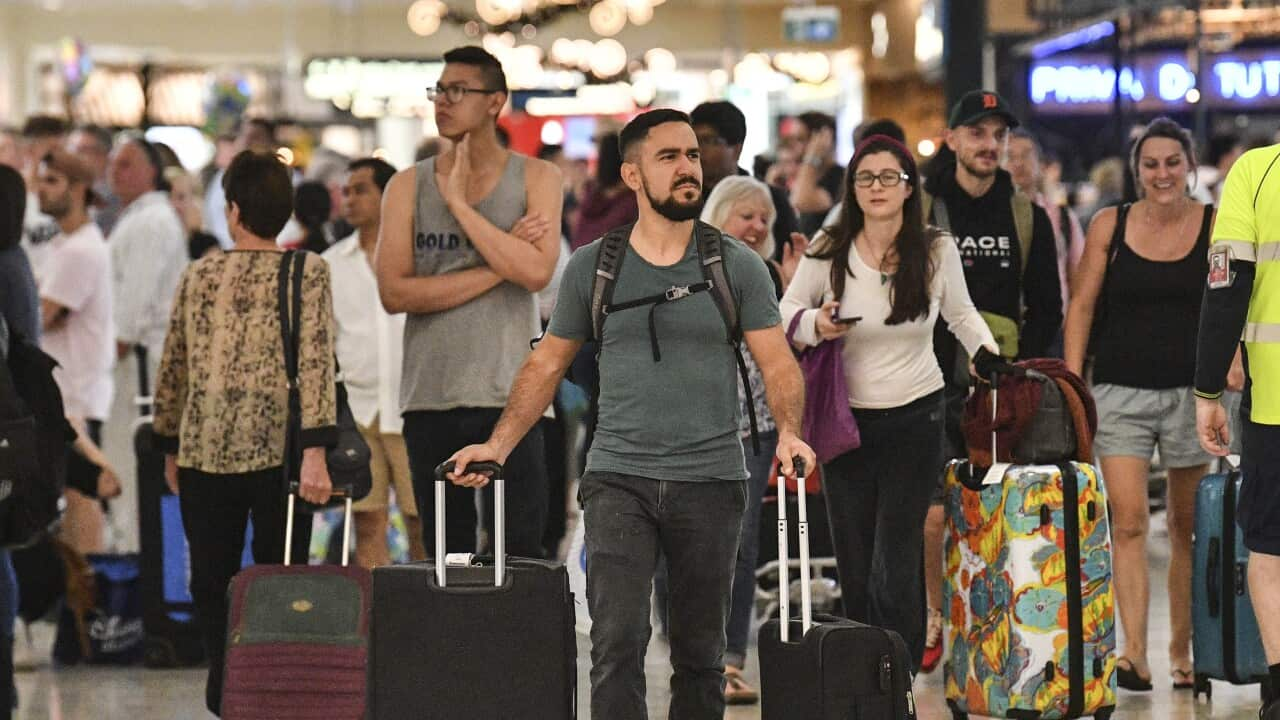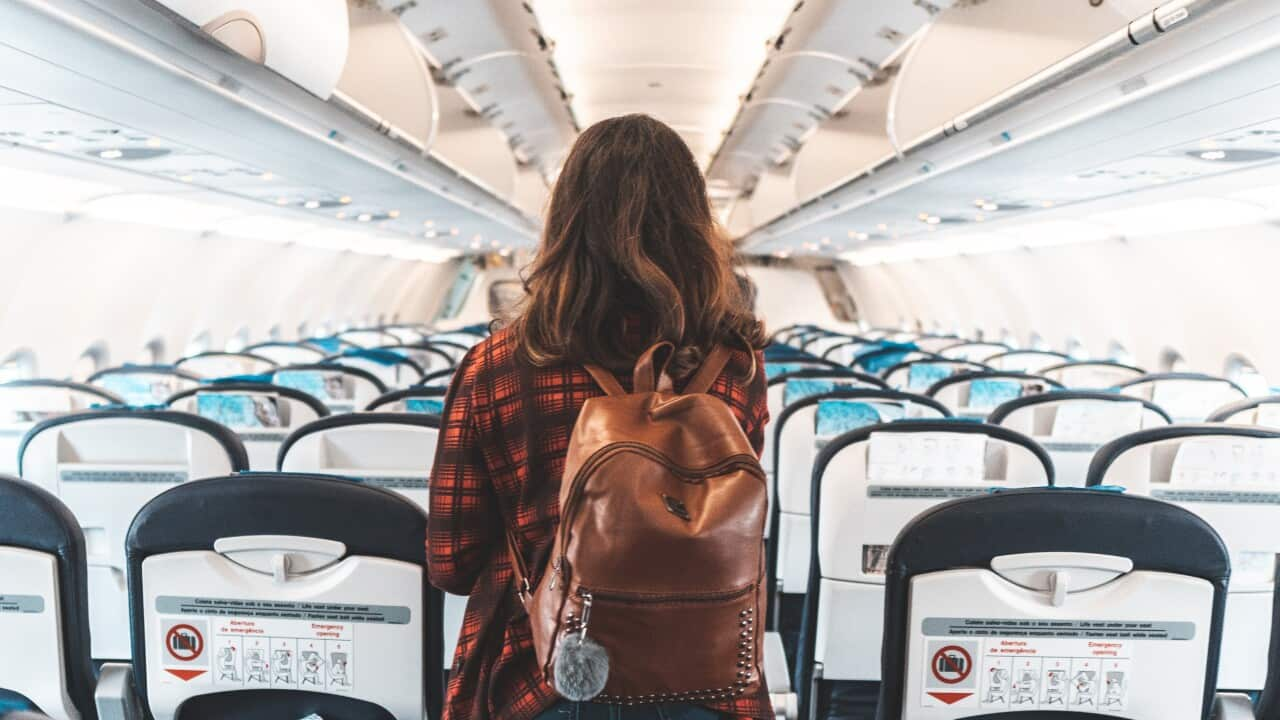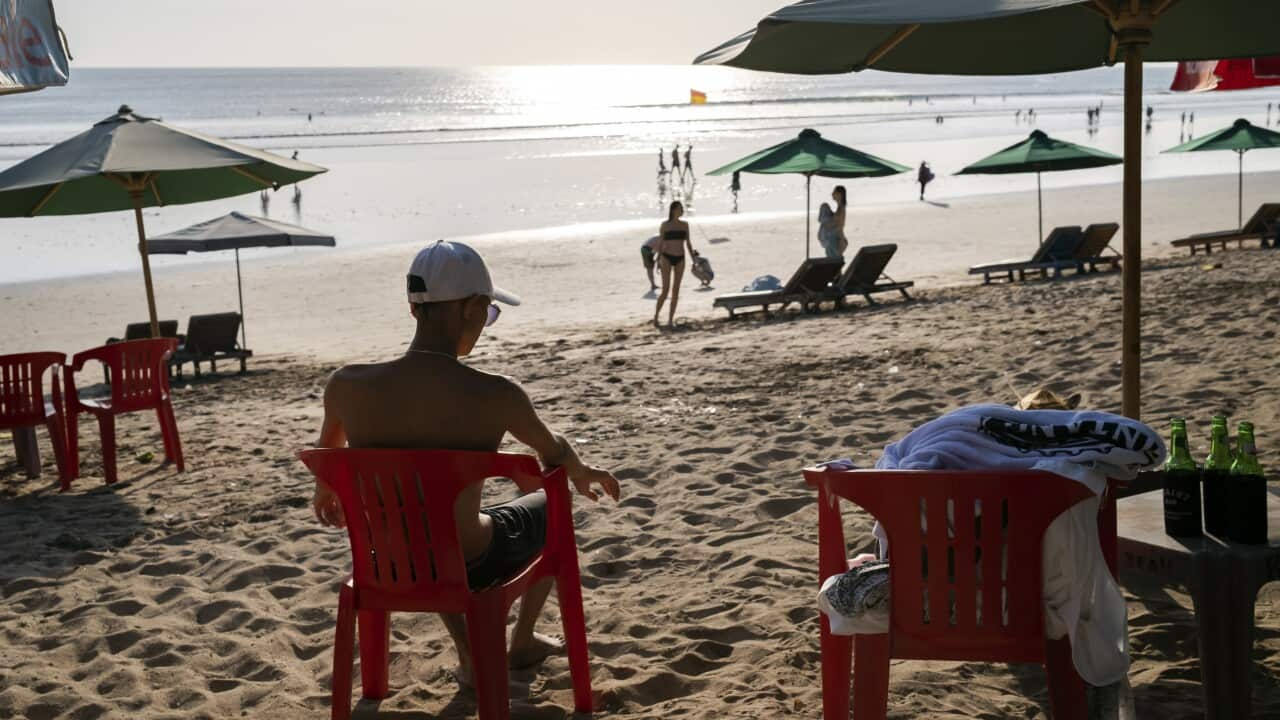Australians heading to popular destinations like Bali are being warned they may be out of pocket by as much as $500, and potentially more, if they forget to budget for this one important expense.
Dr Deb Mills, spokeswoman for Travel Medicine Alliance — a network of travel medicine clinics around Australia — said those who had never travelled before were at particular risk of spending a significant amount on vaccinations.
Mills said an Australian wanting to travel to Bali, for example, was not required to be vaccinated for any specific diseases but some jabs were recommended for the region.
These were in addition to routine childhood vaccinations like polio (generally administered with tetanus, diphtheria and whopping cough); Hepatitis B; chickenpox (varicella); and the shot for measles, mumps and rubella (MMR).
The latest influenza vaccine is also recommended.
"Everyone should have their routine vaccines up to date and some people are not up to date, even though they think they are," Mills told SBS News.
She said those born between 1966 and 1983 should receive a measles booster, and people often also need a second chickenpox vaccine too.
They should also consider the influenza vaccine, and depending on their age, vaccines for pneumonia, shingles and even respiratory syncytial virus (RSV).
"If someone's only ever had their childhood vaccines, then they're going to need a lot more than someone who's travelled before to countries where there's the kind of risk they get in Bali (and other parts of Asia)," she said.
Everyone should have their routine vaccines up to date and some people are not up to date, even though they think they areDr Deb Mills
What jabs should I get for developing nations?
For travel to a place like Bali in Indonesia, Mills said it was also recommended to get a shot against Hepatitis A, a disease that can cause inflammation of the liver. Hepatitis A is commonly spread through eating or drinking contaminated food and water, or touching dirty surfaces.
The Hepatitis A vaccine is often administered with the tetanus jab for around $140 to $180. Prices vary depending on which state you live in and which pharmacy you visit.
"If they are going to eat rough, at markets and street stalls, then it would be recommended to have [the] typhoid (vaccine) as well," Mills said, adding that it cost around $90, although this could vary depending on where people lived.

The vaccinations Bali-bound tourists should consider getting depends on how they plan to spend their time.
Travellers need to understand local risks
The two other vaccines people should consider are for Japanese encephalitis and rabies.
Mills said Japanese encephalitis was carried by mosquitoes and was rare but potentially catastrophic. It affects the central nervous system and can cause brain swelling and lead to death.
"It really depends on a person's general philosophy as to whether they want to be covered for that kind of disease," she said.
"Recently, there was a man who had been to Bali many times. He went there, got bitten by the wrong mosquito, got Japanese encephalitis and died."
Mills said tens of thousands of travellers visit Bali and don't die from Japanese encephalitis, and the vaccine costs $300, so it's up to them to make an informed decision on how they want to manage that risk.
"Do they just want to keep away from mosquitoes or do they just want to be vaccinated?" she said.
Another vaccine to consider is rabies, as people have died from this viral disease in Bali.
A younger traveller who is only going overseas for a short time can have a small dose of the vaccine for around $140. For those aged over 50, the full injection costs around $350 because they need a higher degree of protection.
"If they get bitten by an animal like a monkey, dog or cat (which is carrying rabies), they need to be vaccinated that day or they die," Mills said.
"There have been people who've been bitten on their first day walking on the beach, and have had to get on a plane to come home because the vaccine is (only) intermittently available.

Vaccinations that travellers heading to Bali should consider. Source: SBS News
"It's not just enough to have a few shots, and one of the problems is people scoot off to Bali and they do nothing because they think it's just like going to Hamilton Island (in Australia) but it's really not."
Mills said it was important to seek expert advice from a travel clinic or a GP, about six to eight weeks before travelling if possible.
"The really important thing is to make enquiries because people don't even think (about it). Their friends have been to Bali and they were all fine," she said.
"(But Bali doesn't) have the public health infrastructure that we do, and if you get sick it's much harder to get medical care."
It's not just enough to have a few shots, and one of the problems is people scoot off to Bali and they do nothing because they think it's just like going to Hamilton Island (in Australia) but it's really notDr Deb Mills
Another vaccine to consider is for influenza, Mills said, as around 1 per cent of travellers became sick with the flu on their trip and it could be quite debilitating.
'People should budget about $500 for their health'
Mills said someone planning to just lay on the beach in a bungalow or resort in Bali, could probably just be vaccinated for Hepatitis A and buy some anti-diarrhoea pills, all of which would cost around $100.
But if they wanted to be more adventurous, explore the island, go walking in the hills, visit one of the small islands nearby or visit Ubud's Monkey Forest, they should consider other vaccines.
"People should budget about $500 for their health for Bali, because that would likely cover the vaccines, the medical kits, and any other bits and pieces they want to get," she said.
Those who have travelled and been vaccinated previously likely won't need to spend much because jabs like Hepatitis A cover you for life.
People should budget about $500 for their health for Bali, because that would likely cover the vaccines, the medical kits, and any other bits and pieces they want to getDr Deb Mills
Some private healthcare funds also reimburse people for travel vaccination costs.
The cost of catch-up vaccinations for Australians
In Australia, a measles outbreak in Sydney has sparked calls in NSW and around the nation for people to check whether they are vaccinated against the highly contagious disease.
The Australian population boasts high vaccination rates — the latest figures show 94 per cent of five-year-olds were fully immunised as of September 2023 — but some adults have not received all the necessary jabs.

The percentage of children fully immunised in Australia. Source: SBS News
Other free routine childhood vaccines include polio, chickenpox (varicella) and Hepatitis B. People can generally receive catch-up shots of these for free until they turn 20.
After this age, they may have to pay depending on whether they have other risk factors, and what state programs are on offer.
For example, the NSW government doesn't cover Hepatitis B shots for adults unless they are in higher-risk groups such as drug users and sex workers. These jabs can cost around $20 depending on which chemist you visit. Three to four shots are sometimes necessary to be fully vaccinated as an adult.
Booster vaccines are also recommended for diphtheria, tetanus and whooping cough (pertussis) in certain circumstances, particularly if you are older or in close contact with infants.
Authorities have warned of a , with more than 1,000 cases recorded in Queensland and NSW. The whooping cough vaccine is free for pregnant women but — according to Chemist Warehouse, which offers vaccinations in most states and territories — it can cost around $50 for other adults.
The National Immunisation Program in Australia provides free essential vaccinations for children, pregnant women, First Nations people and seniors.
Refugees and other people living in Australia on humanitarian grounds can also receive vaccinations for free if they were not given them during childhood.
Some vaccines cost more than $200
The Human Papillomavirus (HPV) vaccine is probably the most expensive inoculation to pay for privately. It's provided for free in schools during Year 7, and it's possible to receive a free catch-up jab until the age of 26.
But for older Australians, it can cost more than $200 depending on which state you are in. Chemist Warehouse offers them for $222.99 while South Australia's Eastern Health Authority charges $250. The Gold Coast Public Health Unit in Queensland is cheaper, offering them for $146.
Another expensive vaccination is for shingles, which is a reactivation of the chickenpox virus. The vaccine is free for people 65 years and older, as well as other immunocompromised or high-risk groups.

Shingles is a reactivation of the chickenpox virus. Source: Getty / PonyWang
Flu and COVID-19 vaccines are widely available for free
Updated vaccines for the flu and COVID-19 are also available for free for many people. Those aged 65 years and over, pregnant women and those in other high-risk categories are eligible for a free flu shot. Queensland residents can also be vaccinated for free. Large businesses commonly cover the cost for their employees — otherwise, it costs around $20.
All Australians are eligible for free COVID-19 vaccinations.
Australians more accepting of vaccination
Royal Australian College of General Practitioners spokesman Dr Aadhil Aziz told SBS News it was not common for him to see Australians who had not been vaccinated during childhood.
But the Victoria-based doctor said it did happen, and they had to cover the cost of several jabs themselves if they were aged over 20.
He said a patient had recently come to his practice to enquire about the process for becoming fully vaccinated because he had not had the jabs in childhood.

All Australians are eligible for free COVID-19 vaccinations. Source: AAP / Diego Fedele
"Everybody's general knowledge about vaccines is better than it's ever been."
This includes the importance of vaccination to create herd immunity, which protects vulnerable members of the community — even though they may not be vaccinated — because high levels of immunity make the spread of the disease unlikely.
"A lot of the time we're not vaccinating for ourselves, we're vaccinating ourselves for the most vulnerable people in our communities," Aziz said.












